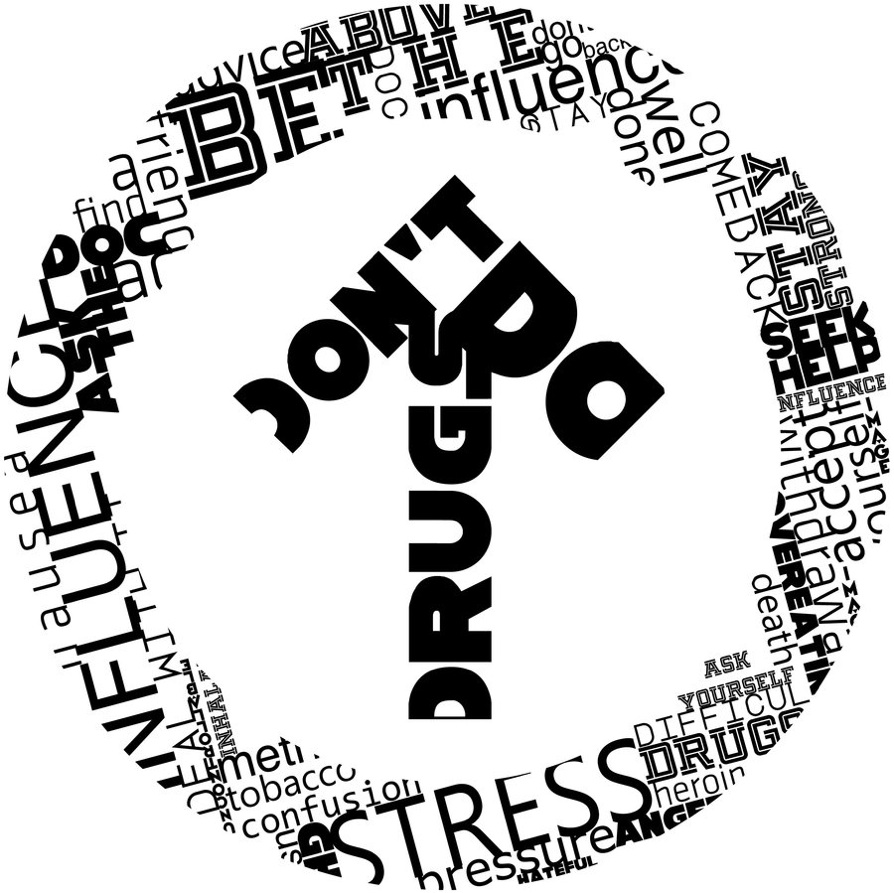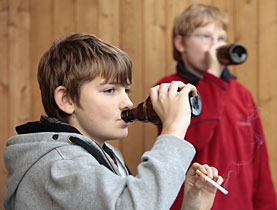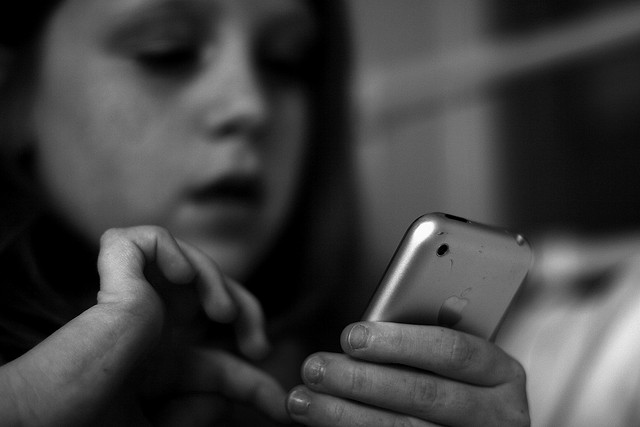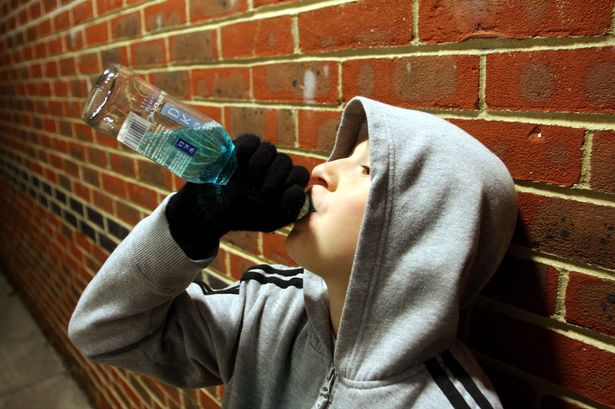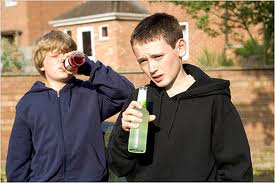Drugs can have a devastating impact on not only those affected but their families as well. Children of addicted parents ...
Teenage addiction is a significant problem and, unfortunately, these days many parents miss the warning signs. Teenagers...
Almost every parent’s worst nightmare would be to discover that their child had been taking drugs. Most parents worry ...
A new drug and alcohol education programme designed to be implemented in 10 regions across the UK will include Derbyshir...
In the midst of what seems to be an endless flow of bad news regarding drink and drugs in the UK, there is now some good...
We have discussed the topic of negative parental influence on children who use drugs and alcohol before, but now there i...
Online alcohol marketing aimed at young adults encourages a "culture of intoxication", a study suggests. Young peop...
Public Health England says one in four underage drinkers consume the equivalent of seven pints of lager a week BBC R...
Alarming new statistics show that children under the age of ten are being treated for alcohol addiction in the UK. A fre...
Children born addicted to drugs, children suffering from withdrawal, alcohol and drugs When a baby has been exposed...



